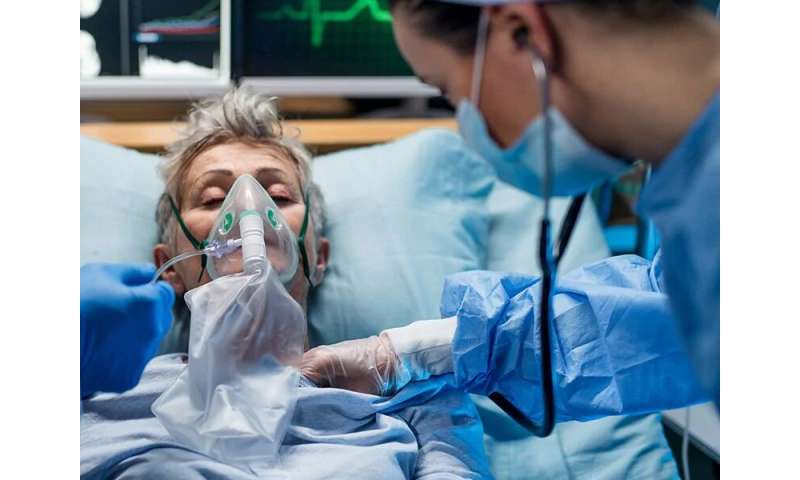
If you or someone you love has diabetes, you’ve probably noticed that diabetes always pops up on lists of people at higher risk from COVID-19 infections. And you’ve probably wondered why.
The good news is that people with diabetes—any type—don’t seem to have a greater risk of catching the virus. The bad news is if you do get it and you have diabetes, you have higher odds of having a more serious illness.
“Recent CDC [U.S. Centers for Disease Control and Prevention] data indicates that of those diagnosed with COVID-19, only 10% have diabetes, and that’s about the prevalence of diabetes in the general U.S. population. But, if you are hospitalized, you may have a more severe course of illness,” explained Dr. Robert Eckel, president of medicine and science for the American Diabetes Association.
And, what’s true in the United States may also be true in other parts of the world.
Dr. Paul Stewart, a professor of medicine at the University of Leeds in the United Kingdom, said, there’s “no reason why diabetic patients are more at risk [of getting a COVID-19 infection].” He is the senior author on an editorial in the May issue of the Journal of Clinical Endocrinology and Metabolism that highlights how people with certain endocrine disorders, like diabetes, may face additional risks from COVID-19.
Stewart noted that people with diabetes who have been hospitalized seem to be more likely to die from the infection. Though whether this stems directly from having diabetes or another factor isn’t yet clear.
“This might just be a function of age, rather than diabetes, per se,” he said.
Eckel pointed out that some Chinese data suggests that the higher death rate in people with diabetes may actually be due to underlying heart disease. But until researchers have more data and time to interpret the information, it won’t be clear if diabetes alone plays a role in more serious outcomes.
So, what does that mean for people with diabetes right now?
Both experts said that people with diabetes need to follow the same rules that are recommended for everyone else. What’s key is avoiding infection in the first place.
That means washing your hands frequently and avoiding touching your face. Stay home as much as possible. And, keep your distance from people who don’t live with you. The CDC recommends at least a six-foot distance. And, the most recent guidance from the CDC also advises wearing cloth masks when in public areas where it’s difficult to maintain a safe distance from others.
“The same precautions for avoidance of infection that apply to everyone also apply to people with diabetes,” Eckel said.
Stewart agreed, and said, “The scientific picture indicates that these people need to self-isolate, to try and reduce the chance of infection in the same way as the background population.”
If you have diabetes and you end up with a serious COVID-19 infection, Eckel said it’s a good idea to bring your supplies with you to the hospital, particularly if you’re insulin-dependent. He said hospitals may not keep all types of insulin on hand. The same is true for continuous glucose monitor supplies and insulin pump supplies.
He added that some hospitals may not allow you to bring supplies in, and if that’s the case you’ll need to follow the hospital rules. If you’re well enough to do so, some hospitals will allow you to continue to treat your diabetes on your own.
Eckel’s final advice for people with diabetes? “Be smart. Take precautions. Be safe.”
Serena Gordon, Healthday Reporter


